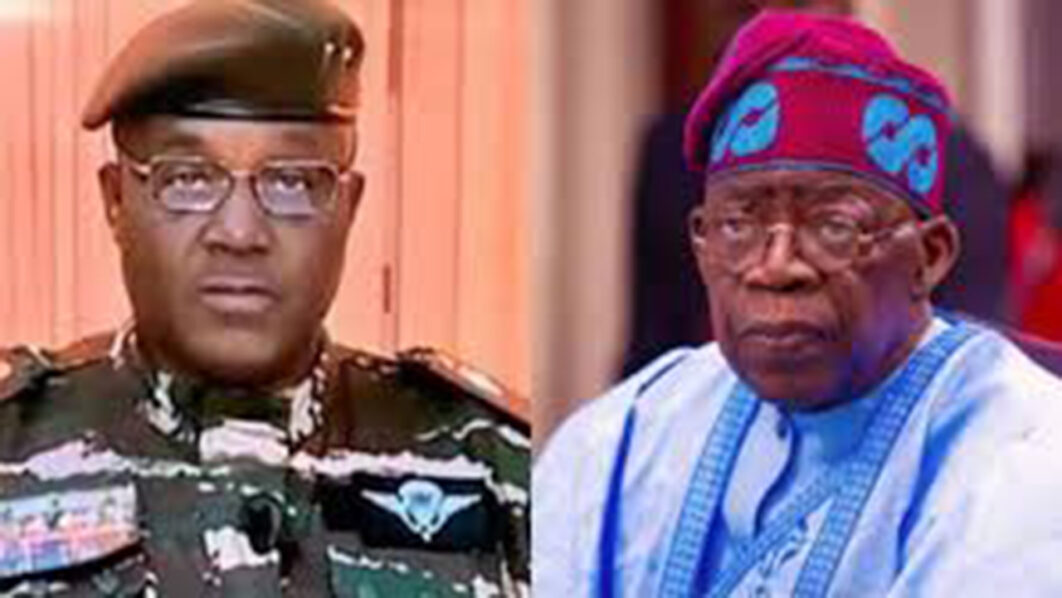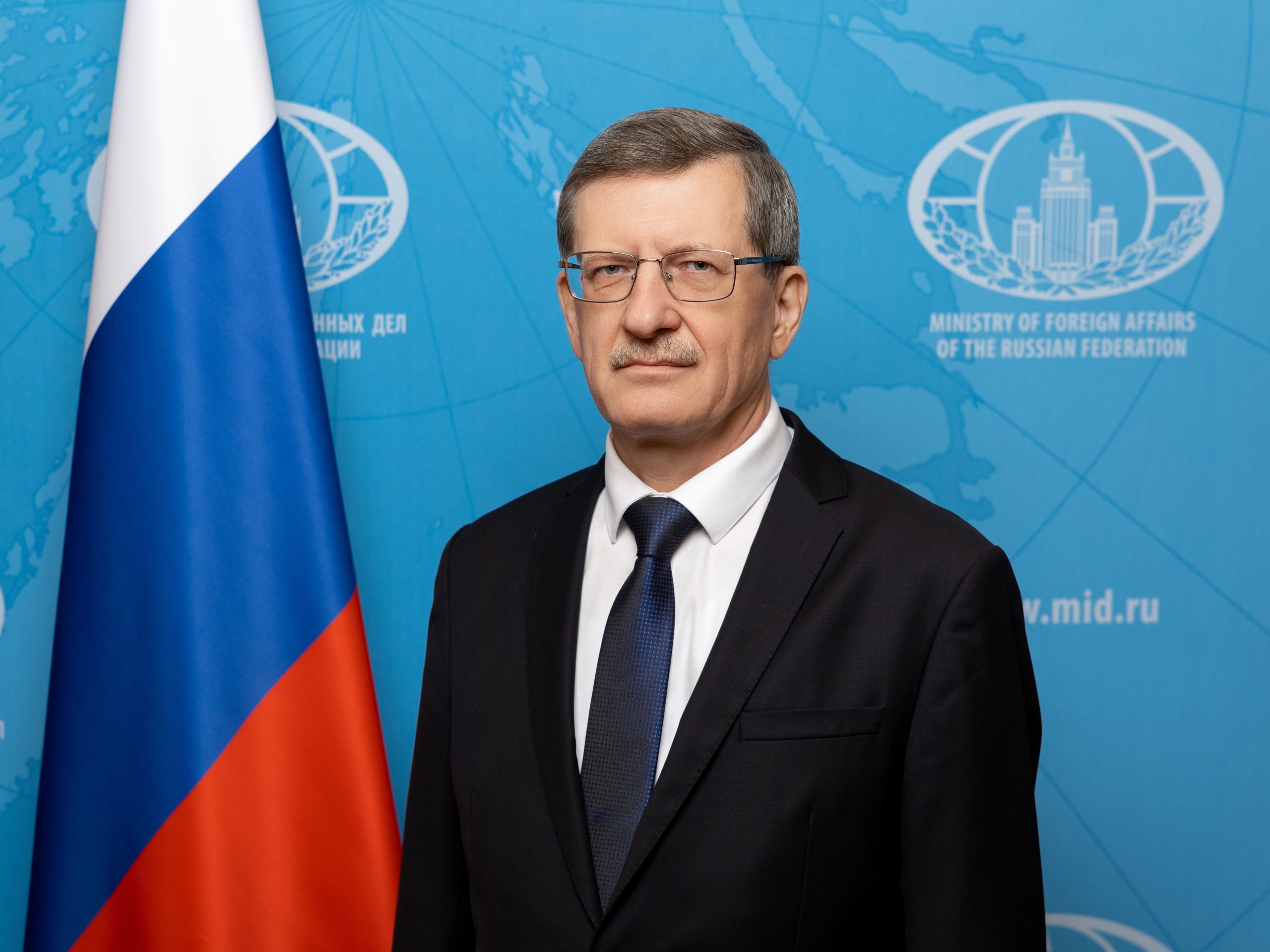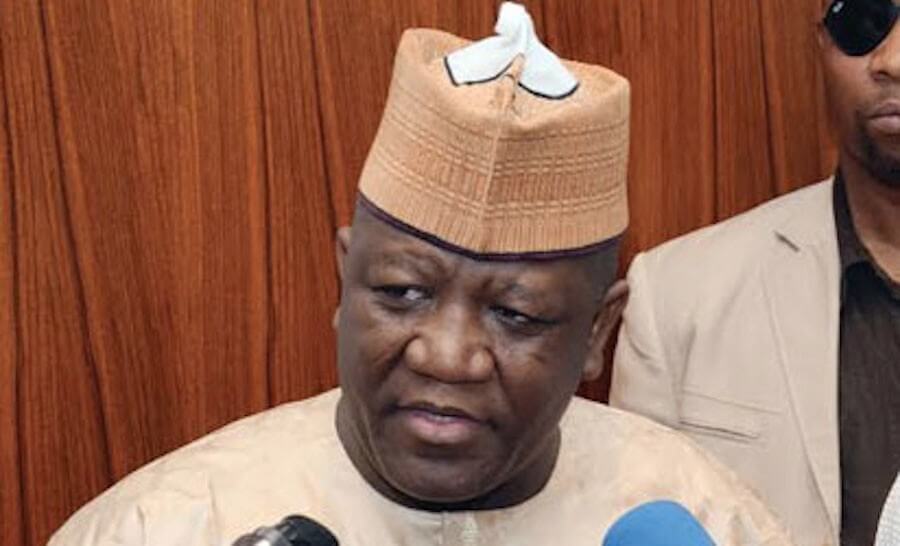
The July 2023 military coup in Niger, which overthrew President Mohamed Bazoum, marked a turning point in the country’s relationship with its neighbours, particularly Nigeria. As the largest economy in West Africa and a key player in the Economic Community of West African States (ECOWAS), Nigeria led regional efforts to restore constitutional order in Niger. Under President Bola Ahmed Tinubu’s leadership, ECOWAS imposed sanctions on the military junta and explored all diplomatic options, including the potential for military intervention as a last resort.
These measures, while aimed at promoting stability, strained relations between Nigeria and Niger, two nations bound by shared cultural, historical, and economic ties. Amid mounting domestic and international pressure, General Abdourahmane Tchiani, the leader of the junta, took to the airwaves with allegations against Nigeria, accusing it of collusion with France and undermining Niger’s sovereignty. These claims, delivered in Hausa to appeal to local sentiment, were quickly dismissed by Nigeria as unfounded propaganda.
What Happened
In a controversial broadcast, Tchiani leveled several accusations against Nigeria, claiming that it was collaborating with France to subvert Niger, funding and arming the Lukarawa terror group, working alongside terrorist organisations such as ISWAP, and receiving funds to advance French interests in the ECOWAS subregion. These allegations, made without evidence, appeared calculated to inflame public opinion in Niger and divert attention from the junta’s own governance challenges.
Nigeria’s response was swift and unequivocal. National Security Adviser Nuhu Ribadu, speaking to BBC Hausa, dismissed the claims, emphasising that Nigeria’s relationship with France is strictly economic and focused on development rather than military collaboration. Ribadu reiterated Nigeria’s commitment to regional peace and categorically denied any involvement in destabilising activities.
President Tinubu, as ECOWAS Chair, has consistently championed peaceful solutions to the region’s challenges, a stance reflected in Nigeria’s leadership of the Multinational Joint Task Force (MNJTF). The MNJTF has achieved significant successes in countering terrorism in the Lake Chad Basin, dismantling networks of groups like ISWAP and Lukarawa. Minister of Information, Mohammed Idris highlighted the absurdity of the allegations, pointing to Nigeria’s ongoing military operations against these very groups, including the recently launched Operation Forest Sanity III.
Observers have noted that Tchiani’s allegations seem designed to deflect attention from Niger’s internal crises. As economic hardships mount and political legitimacy wanes, blaming external actors has become a convenient strategy for consolidating power and distracting from the junta’s inability to address pressing issues at home.
Why Niger’s Position Should Not Resonate
General Tchiani’s narrative, while superficially appealing to some in Niger, collapses under scrutiny. The claims against Nigeria, a nation that has consistently prioritised regional stability and development, lack any credible evidence and are contradicted by Nigeria’s track record. Far from undermining Niger, Nigeria has been a steadfast partner, investing in shared infrastructure projects like the Kano-Maradi Railway and the Trans-Saharan Gas Pipeline, which are vital to Niger’s economic future.
Accusing Nigeria of collusion with France or support for terrorism not only defies logic but also undermines the very cooperation that Niger depends on for its security and development. Nigeria’s military operations against groups like Lukarawa and ISWAP highlight its unwavering commitment to combating terrorism, making the junta’s allegations not just baseless but outright deceptive.
By attempting to paint Nigeria as an adversary, the junta risks alienating a crucial ally and weakening its own position. Propaganda may serve as a temporary distraction, but it cannot address Niger’s deep-seated challenges. The junta’s rhetoric diverts attention from urgent issues like economic instability, growing insecurity, and international isolation, all of which demand competent governance rather than scapegoating.
The international community must see these allegations for what they are: a smokescreen to obscure the junta’s failings. Nigeria’s history of fostering peace and promoting development in West Africa speaks louder than Tchiani’s baseless claims. As the crisis unfolds, the focus should remain on restoring constitutional order in Niger and ensuring that the people of the region can look forward to a future built on collaboration, not division.
Niger’s leadership would do well to abandon propaganda and embrace dialogue, recognising that its interests are best served by working alongside, rather than against, a neighbour as committed to regional stability as Nigeria.






